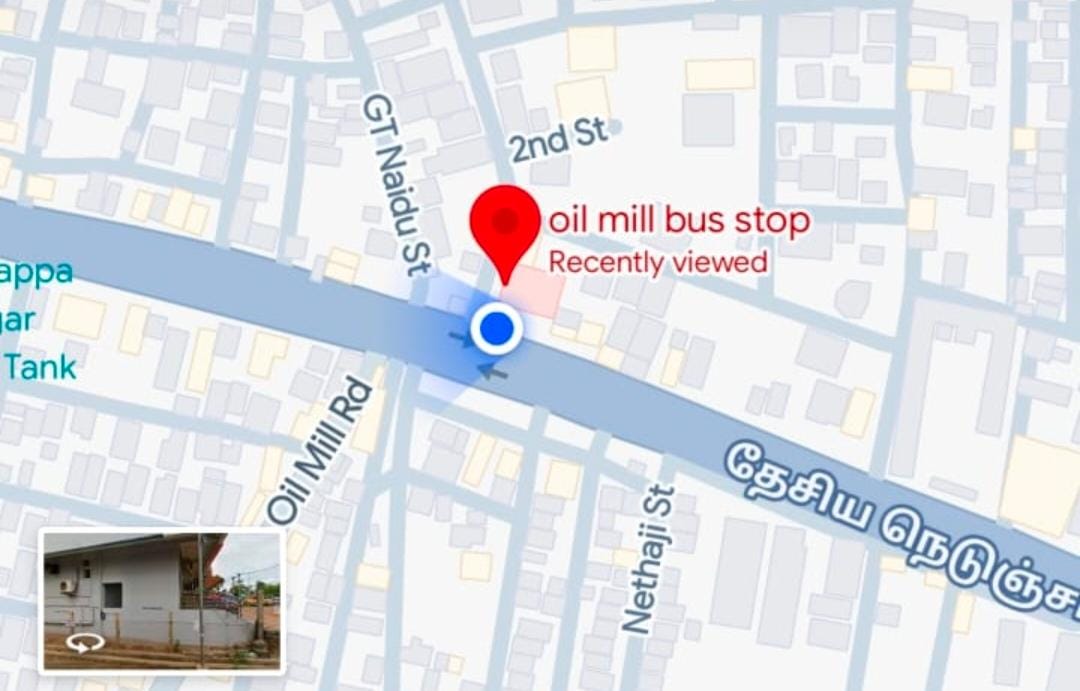Introduction
Education plays a vital role in shaping the future of children. Parents in Trichy today are increasingly searching for innovative teaching methods that go beyond rote learning and memorization. This has brought the debate of Montessori vs traditional teaching in Trichy into the spotlight. While traditional methods have been the backbone of Indian education for decades, Montessori education is gaining momentum for its child-centric approach.
In this blog, we’ll explore the difference between Montessori and traditional teaching, highlight why Montessori is preferred in Trichy, and explain how aspiring teachers can benefit from Montessori teacher training in Trichy.
Key Takeaways
- Montessori vs traditional teaching in Trichy is a trending debate as schools adopt modern methods.
- Montessori education promotes independence, creativity, and self-paced learning.
- Traditional teaching emphasizes discipline, memorization, and teacher-led classrooms.
- Understanding the difference between Montessori and traditional teaching helps parents and teachers make informed choices.
- Montessori teacher training in Trichy equips educators to meet the rising demand for Montessori-certified teachers.
What is Traditional Teaching?
Traditional teaching methods have been used in schools for centuries. This system is characterized by:
- Teacher-centered classrooms.
- Focus on memorization and examinations.
- Standardized lesson plans for all students.
- Limited flexibility for creativity or exploration.
While effective in instilling discipline and academic rigor, traditional teaching often struggles to meet the unique learning needs of every child.
What is Montessori Teaching?
Montessori education, on the other hand, is child-centered and focuses on holistic development. Developed by Dr. Maria Montessori, the method includes:
- Hands-on learning with Montessori tools.
- Encouraging independence and decision-making.
- Teachers acting as guides rather than instructors.
- Freedom to choose activities based on interest.
This approach nurtures creativity, problem-solving, and confidence from an early age.
Montessori vs Traditional Teaching: The Key Differences
Montessori vs Traditional Teaching: The Key Differences
- raditional Teaching: Teachers lead lessons, and students passively receive information.
- Montessori Teaching: Teachers observe and guide, allowing children to learn independently.
Learning Style
- Traditional: Structured, same pace for all students.
- Montessori: Flexible, self-paced learning tailored to each child.
Use of Materials
- Traditional: Textbooks, blackboards, and notes dominate.
- Montessori: Specialized materials encourage sensory learning and critical thinking.
Assessment Methods
- Traditional: Focuses on exams and grades.
- Montessori: Continuous observation of progress without pressure of frequent tests.
By comparing these aspects, the difference between Montessori and traditional teaching becomes clear—Montessori nurtures the whole child, while traditional methods focus mainly on academics.
Why Trichy Prefers Montessori Education
Growing Awareness Among Parents
Parents in Trichy are increasingly aware of the benefits of Montessori education. They believe it helps children build confidence and creativity rather than just scoring marks.
Rising Demand for Montessori Schools
Over the past decade, Trichy has seen an increase in schools adopting Montessori practices. This is driving the need for trained educators with Montessori teacher training in Trichy.
Affordable Montessori Training
Unlike bigger cities, Trichy offers affordable, high-quality training programs. This makes it easier for aspiring teachers, especially women, to enter the field.
Career Opportunities
The debate of Montessori vs traditional teaching in Trichy is also about careers. Montessori-trained teachers are in high demand, not just in schools but also in daycare centers, preschools, and private learning setups.
Start Your Montessori Teacher Training in Trichy Today
Why Trichy Prefers Montessori Education
Focus on Holistic Development
Montessori goes beyond academics—it develops emotional, social, and practical life skills.
Encouraging Creativity
In traditional classrooms, creativity is often limited. Montessori classrooms encourage exploration and independent thinking.
Flexible Careers for Teachers
With Montessori teacher training in Trichy, women can choose flexible career paths—working in schools, starting their own centers, or teaching from home.
Future-Ready Learning
As education evolves, the difference between Montessori and traditional teaching shows that Montessori is better suited for 21st-century skills.
Fees and Accessibility
The cost of Montessori teacher training in Trichy depends on the program. Compared to metros like Chennai or Bangalore, Trichy offers cost-effective options without compromising quality.
This affordability has made Montessori education more accessible, fueling the shift from traditional teaching to modern Montessori practices.
Conclusion
The debate of Montessori vs traditional teaching in Trichy reflects a changing mindset in education. While traditional teaching has its strengths, Montessori education is emerging as the preferred choice among parents and schools in Trichy. The difference between Montessori and traditional teaching highlights how Montessori nurtures creativity, independence, and confidence in children.
For aspiring teachers, investing in Montessori teacher training in Trichy is a step toward a fulfilling career that combines professional growth with the joy of shaping young minds.
This affordability has made Montessori education more accessible, fueling the shift from traditional teaching to modern Montessori practices.
Book a Free Counseling session for training in Trichy
Testimonials from Students of Trichy
Join Our Certified Montessori Training Course in Trichy
FAQs
Q1. What is the main difference between Montessori and traditional teaching?
Traditional teaching is teacher-led and exam-focused, while Montessori is child-led and emphasizes self-paced learning.
Q2. Why is Montessori preferred in Trichy today?
Parents value independence, creativity, and confidence in their children—qualities that Montessori education fosters.
Q3. What qualifications do I need for Montessori teacher training in Trichy?
Most institutes accept candidates who have completed 12th standard or graduation.
Q4. Is Montessori training recognized abroad?
Yes, Montessori certification is accepted worldwide, opening international job opportunities.
Q5. How does Montessori help teachers compared to traditional teaching?
Montessori teachers enjoy more flexibility, creative classrooms, and diverse career opportunities.


